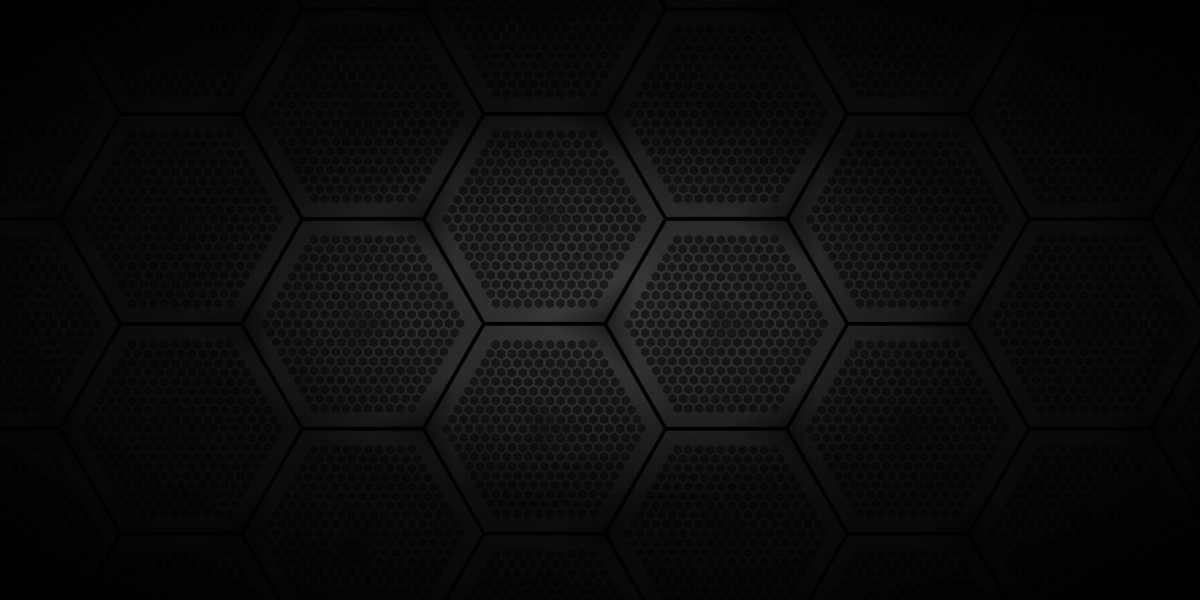Introduction to the Fascination and Challenge of Fly Fishing
Fly fishing stands apart as one of the most engaging and rewarding outdoor activities. The rhythmic casting, the challenge of selecting the right fly, and the peaceful settings by rivers and lakes make it a favorite for those who love nature and skill-based sports. But behind the beauty of fly fishing is a technical side that requires time and patience to master. That is where a fly fishing class becomes an invaluable starting point for beginners eager to enjoy success and avoid common frustrations.
Why Trying to Self-Teach Fly Fishing Can Be Difficult
It may be tempting to pick up a rod, watch a few online videos, and head straight to the water. But many who attempt to self-teach fly fishing quickly discover the steep learning curve. The sport requires precise casting, understanding fish behavior, and knowing how to select and present flies correctly.
Without expert guidance, beginners often develop poor habits that are hard to break later. A fly fishing class removes the guesswork and accelerates the learning process, providing a clear, structured path toward proficiency.
Learning the Essential Fly Fishing Gear and Equipment
Walking into a fly shop or browsing gear online can feel overwhelming for newcomers. Rods, reels, lines, leaders, tippets, and flies come in a dizzying array of options. A fly fishing class simplifies these decisions by educating students on the purpose of each item.
Instructors explain how to select gear suited to your fishing location, skill level, and target species. They also demonstrate how to assemble and care for equipment properly, helping students avoid costly mistakes and enjoy their time on the water from day one.
Developing Reliable Casting Techniques with Hands-On Instruction
Casting is one of the most crucial skills in fly fishing. Without proper technique, even the best equipment will not help you land a fish. In a fly fishing class, students learn the fundamentals of casting through step-by-step demonstrations and guided practice.
Instructors correct form, posture, and hand positioning to ensure students build good habits. Whether learning the overhead cast, roll cast, or sidearm cast, students receive immediate feedback that boosts confidence and helps prevent the frustration of tangled lines or missed opportunities.
Matching the Hatch and Mastering Fly Selection
Selecting the right fly is an art that often separates successful anglers from the rest. In a fly fishing class, students learn how to observe insect activity on and around the water, gaining insights into what fish are feeding on.
Instructors explain the concept of matching the hatch, guiding students on how to select flies that imitate natural insects. This knowledge dramatically improves catch rates and adds a fascinating layer of understanding to each fishing trip.
Understanding Water Reading and Fish Behavior
Even the most skilled caster will struggle if they cannot locate fish. Reading the water is a skill that requires time, observation, and guidance. In a fly fishing class, students learn how to interpret water currents, depth changes, and structures such as rocks, pools, and riffles that indicate likely fish habitats.
Instructors also explain how weather conditions, water temperature, and seasonal patterns influence fish behavior. This knowledge gives students the ability to approach fishing strategically, increasing their chances of success and making each outing more rewarding.
Practicing Real Techniques in Natural Fishing Settings
Many fly fishing classes are held near rivers, lakes, or stocked ponds, allowing students to apply their knowledge in real-world conditions. Practicing casting, fly presentation, and fish spotting under the guidance of experienced instructors builds confidence and reinforces good habits.
This practical experience prepares students for independent fishing adventures, reducing the intimidation factor and making solo trips more enjoyable.
Building Confidence for Solo and Group Fishing Adventures
Confidence is key to enjoying fly fishing. A fly fishing class provides the structured learning environment needed to build skills and overcome early frustrations. With expert instruction and repeated practice, students develop the competence to explore different fishing locations with ease.
The boost in confidence also encourages anglers to join group fishing outings or even participate in fly fishing events, further enhancing their skills and enjoyment.
Joining a Supportive Fly Fishing Community
Fly fishing classes often bring together individuals who share a love for the outdoors and the sport itself. This creates a built-in community where students exchange tips, share experiences, and even plan fishing trips together.
Being part of a community helps new anglers feel supported as they continue learning. It also provides access to local knowledge, fishing hotspots, and other valuable resources that can be hard to find on your own.
Conclusion
A fly fishing class is the smartest investment for beginners who want to enjoy the sport without the frustration of trial and error. With expert instruction, hands-on practice, and a supportive community, students gain the skills, knowledge, and confidence needed to thrive on the water. Whether you're drawn to peaceful moments by the river or the challenge of landing your first trout, a fly fishing class is the ideal way to begin your journey into this rewarding outdoor pursuit.







